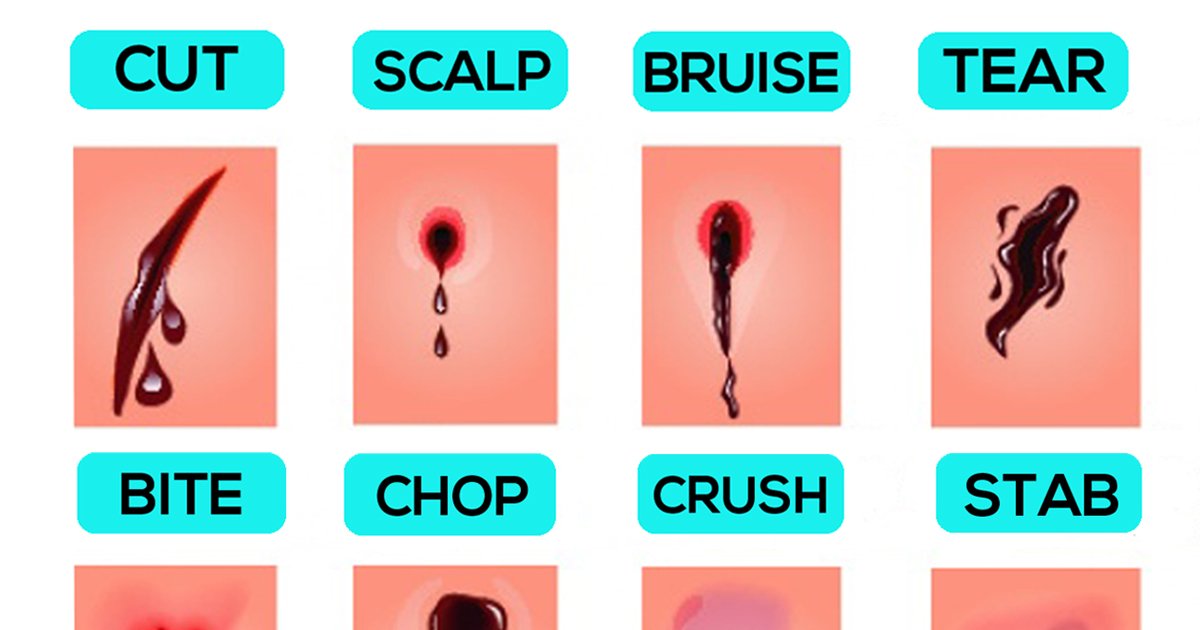There are many types of education loans that are offered to students by banks and other institutions. These loans help students in financing their education and living expenses while they go through their studies. Lantern by SoFi’s experts recommend, “When deciding between student loans, the main things to look for are how much interest is on student loans and the borrower protections.”
In this article, we discuss the different types of student loans in detail so that you know which one would be suitable for your needs:
Federal student loans
Federal student loans are offered through the federal government and are designed to help students pay for higher education. Federal student loans are available to undergraduate, graduate and professional students. These loans have low-interest rates and flexible repayment options that may make them more affordable than other types of education loans. Federal student loans are likely your best option if you’re looking for funding for college or vocational school.
Private student loans
Private student loans are not guaranteed by the federal government. They’re also not eligible for income-based repayment or income-contingent repayment plans, and they don’t offer deferment or forbearance options.
Because these loans aren’t backed by the federal government, the average student loan interest rate tends to be higher than those of federal student loans.
That said, some private lenders offer low fixed rates for students who have good credit scores (typically a FICO score of 680 or higher), so ask around and shop around to find the best deal for you!
Parent PLUS Loans
The Parent PLUS loan is a great option for parents who want to help pay for their kids’ college education. Parents must be creditworthy and can borrow up to the cost of attendance minus other financial aid. The rates are higher than for other loans, but there is no limit on how long you have to repay them (unlike student loans). As the primary borrower, your child’s name won’t appear on the credit report or contract associated with this loan.
Graduate PLUS Loans
Graduate students who have a history of good credit and are accepted to an eligible graduate program may be eligible to borrow the Graduate PLUS Loan. In order to qualify for this loan, you must be enrolled in a graduate degree program at least half-time and meet other eligibility requirements.
Graduate PLUS loans are available to dependent students whose parents do not have adverse credit records. These loans are also available to independent students with adverse credit histories that meet certain conditions. The maximum amount you can borrow depends on your cost of attendance, state residency status and whether you attended school within the past seven years.
Consolidation loans
Consolidation loans are a way to combine multiple student loans into one loan. They can be used to refinance or consolidate existing student loans, and they’re available through both federal and private markets with fixed rates and fixed payments.
We hope this article helped you understand more about the different types of education loans and what they mean for students. Remember to be careful with your debt, as it can have a big impact on your finances later in life.
Article by Born Realist






